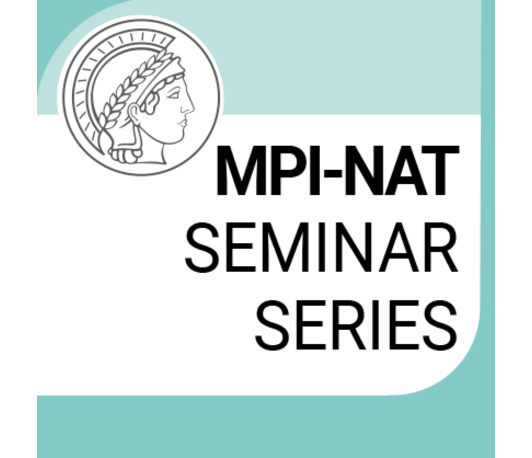MPI-NAT SEMINAR SERIES: Functional Organization and Evolution of Metabolism
MPI-NAT SEMINAR SERIES
- Datum: 05.06.2025
- Uhrzeit: 11:00 - 12:00
- Vortragende(r): Markus Ralser
- Institut für Biochemie, Charité - Universitätsmedizin, Berlin
- Ort: Max-Planck-Institut für Multidisziplinäre Naturwissenschaften (MPI-NAT, Faßberg-Campus)
- Raum: Ludwig Prandtl Hall
- Gastgeber: Marina Rodnina
- Kontakt: office.rodnina@mpinat.mpg.de

Cellular metabolism comprises hundreds of biochemical reactions running concurrently, many of which interact or interfere with one another. This complexity constrains the function and dynamics of metabolism, necessitating constant adaptation. Indeed, adjustments in metabolic reaction fluxes are essential to maintaining cellular and organismal viability and growth, especially under fluctuating environmental conditions. Increasing evidence suggests that evolution has exploited these metabolic fluctuations to facilitate cellular sensing, signaling, and stress response management. Therefore, deciphering the interactions between metabolites and the cellular proteome is vital for a comprehensive understanding of biological phenotypes.
In this lecture, I will summarize our research aimed at uncovering mechanistic principles underlying the organization of metabolism. First, I will briefly discuss our studies on the non-enzymatic origins of metabolism during early evolutionary stages, highlighting traces of these ancient metabolic processes still evident in modern pathways. Next, I will present findings from systematic perturbation experiments, primarily conducted in yeast, which reveal general principles governing metabolic functions—such as how reactions can coexist despite interference, and how cells successfully share metabolites without losing them to competing organisms. Finally, I will detail recent work in which we combined experimentally determined and AlphaFold2-predicted enzyme structures to explore how metabolic constraints have shaped protein structural evolution over hundreds of millions of years.
In this lecture, I will summarize our research aimed at uncovering mechanistic principles underlying the organization of metabolism. First, I will briefly discuss our studies on the non-enzymatic origins of metabolism during early evolutionary stages, highlighting traces of these ancient metabolic processes still evident in modern pathways. Next, I will present findings from systematic perturbation experiments, primarily conducted in yeast, which reveal general principles governing metabolic functions—such as how reactions can coexist despite interference, and how cells successfully share metabolites without losing them to competing organisms. Finally, I will detail recent work in which we combined experimentally determined and AlphaFold2-predicted enzyme structures to explore how metabolic constraints have shaped protein structural evolution over hundreds of millions of years.